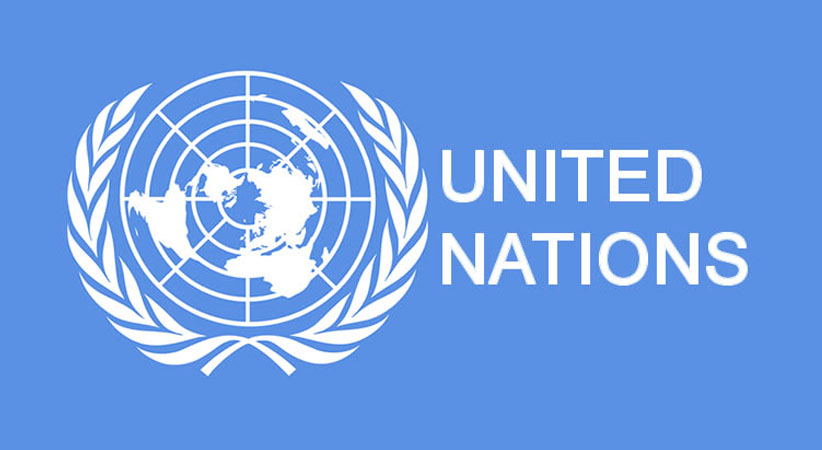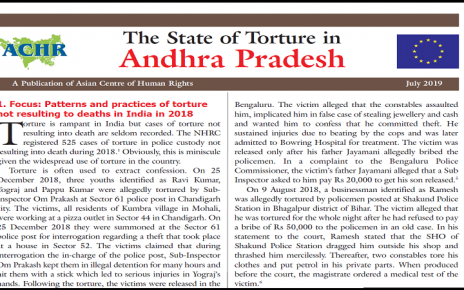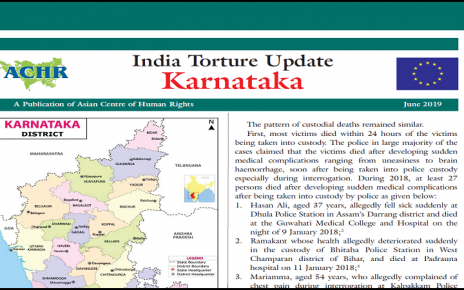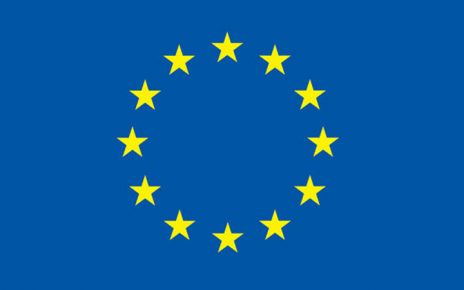The 6th session (23 July- 10 August 2018) of the UN Committee against Torture opened in Geneva on 23 July 2018. At the time of writing this report, the CAT has concluded consideration of the periodic reports of Mauritania, Russia, Chile, and Seychelles.
A. Committee against Torture examines the report of Mauritania[1]
On 25 July 2018, the Committee against Torture concluded its consideration of the second periodic report of Mauritania on the efforts made by the State party to implement the provisions of the Convention against Torture. The Committee Experts commended Mauritania for having adopted the laws on the fight against torture (law no. 2015-033), established the National Mechanism for the Prevention of Torture, criminalized slavery, and ensured the provision of legal aid. However, they raised concern about lengthy pre-trial detention, especially in relation to anti-terrorism legislation, poor maintenance of prison and detention registers, lack of a guarantee for access to a lawyer throughout the legal process, the existence of secret detention facilities, absence of systematic separation of prisoners according to sex and age, and the use of excessive force against prisoners and of solitary confinement. Other issues of concern included the expulsion of foreigners, lack of a disaggregated database on prosecutions and sentences arising from acts of torture and ill-treatment, prison overcrowding and poor hygienic conditions in prisons, the application of Sharia-mandated (hadd and qisas) penalties, such as amputation and whipping, the payment of the so-called blood money (diyah) to the families of victims, training programmes for police officers and judicial personnel, availability of reparations for victims, and amnesty for past crimes.
B. Committee against Torture examines Russia’s report[2]
On 26 July 2018, the Committee against Torture concluded consideration of the sixth periodic report of the Russian Federation on the efforts made by the State party to implement the provisions of the UN Convention against Torture (UNCAT). The Committee Experts expressed concern that the Russian definition of torture was not in full compliance with the UNCAT, adding that there was reliable information that torture was practiced widely in the country, and indicating the need for criminalization of torture. They further inquired about safety inside the country’s justice system, complaints of torture, fundamental legal safeguards, access to legal counsel from the very outset of the arrest, access to a medical doctor, registration of detainees, video surveillance, administrative detention, violence against women in detention, organization of prison medical services, the high rate of death in custody, and non-refoulement. Other issues of concern raised by the CAT included the activities of the Russian military police in Syria and Ukraine, the Ombudsperson of the Russian Federation, functioning of the Public Oversight Committees which monitored detention places, plans to establish a national mechanism for the prevention of torture, reprisals against human rights defenders, excessive use of force, discrimination and violence against minorities, serious human rights violations in the North Caucasus region, Russian jurisdiction in Transnistria, and compensation for victims of torture.
C. Committee against Torture examines the report of Chile[3]
On 31 July 2018, the Committee against Torture concluded consideration of the sixth periodic report of Chile on the efforts made by the State party to implement the provisions of the Convention against Torture. The Committee Experts while recognizing that overcoming the consequences of systematic human rights violations during the dictatorship in Chile between 1973 and 1990 took years, noted that such a heritage should not represent a justification or an obstacle for preventing and combatting human rights abuses. They positively noted the adoption of the first National Human Rights Plan 2018-2022, and the modifications of Chile’s Penal Code. The Experts further inquired about the statute of limitation for the crimes of torture, the inadmissibility of pardons and amnesties, institutional dependence of the police, fundamental legal safeguards, the national human rights institution and the national mechanism for the prevention of torture, reform of the Code of Military Justice, pre-trial detention and alternatives to detention, medical care in prisons, social reintegration of prisoners, and women and minors in detention. Other issues raised included the protection of refugees and migrants, human trafficking and sexual exploitation, violence against children, prohibition of corporal punishment, police violence against the Mapuche community and peaceful demonstrators, the use of terrorist charges against Mapuche leaders, statistics on compensation and rehabilitation for victims of torture and ill-treatment, especially for the victims of the dictatorship between 1973 and 1990, confidentiality of medical examination of inmates, early identification of signs of torture, and the ongoing investigation of the Condor Plan cases of torture. In her concluding remarks, Lorena Recabarren, Human Rights Undersecretary at the Ministry of Justice and Human Rights of Chile, assured that the Government would take seriously everything that the Committee against Torture would communicate to the authorities and that Chile would never tolerate torture or cruel, inhumane and degrading treatment, and it would go beyond the standards set out in the Convention.
D. UN human rights experts ask Egypt to release poet/songwriter
On 26 July 2018, a group of UN Special Rapporteurs[4] urged Egyptian authorities to release poet Galal El Behairy, who has been detained since February 2018 for writing a song critical of government policies. Mr. El Bahairy wrote the lyrics to the song ‘Balaha’, performed by Ramy Essam, and released on 26 February 2018. The music video was posted on social media, drawing over 3.7 million views. On 3 March, Mr. El Behairy was arrested by National Security Police and he remained disappeared for a week before appearing to face charges of terrorist affiliation, disseminating false news, abusing social-media networks, blasphemy, contempt of religion, and insulting the military. At the time of his appearance, he showed signs of having been subjected to torture and beating. “We are alarmed at the arrest and alleged ill-treatment of Mr. El Behairy which appears to be related solely to the peaceful exercise of his right to freedom of artistic expression and creativity,” the UN experts in a joint statement.
E. UN experts urge India to release rights defender Dr. G.N. Saibaba on health grounds
On 28 June 2018, UN human rights experts[5] urged India to release human rights defender Dr. G.N. Saibaba, a wheelchair user with severe disabilities whose health is deteriorating and who is reportedly being held in solitary confinement. “We would like to remind India that any denial of reasonable accommodation for people with disabilities in detention is not only discriminatory but may well amount to ill-treatment or even torture. In particular, solitary confinement should be prohibited when the conditions of prisoners with disabilities would be made worse by this measure,” the UN Special Rapporteurs said in a joint statement released in Geneva. “Dr. Saibaba is a long-standing defender of the rights of various minorities in India against corporate interests. He was arrested in 2014 and sentenced to life imprisonment in 2017. He is reportedly now being held in solitary confinement in a highly insanitary cell in Nagpur jail, in darkness and with inadequate and inaccessible facilities,” the statement said.
ENDNOTES:
[1]. https://www.ohchr.org/EN/NewsEvents/Pages/DisplayNews.aspx?NewsID=23406&LangID=E
[2]. https://www.ohchr.org/EN/NewsEvents/Pages/DisplayNews.aspx?NewsID=23412&LangID=E
[3]. https://www.ohchr.org/EN/NewsEvents/Pages/DisplayNews.aspx?NewsID=23423&LangID=E
[4]. Ms. Karima Bennoune, Special Rapporteur in the field of cultural rights; Mr. David Kaye, Special Rapporteur on the promotion and protection of the right to freedom of opinion and expression; Mr. Ahmed Shaheed, Special Rapporteur on freedom of religion or belief; Mr. Seong Phil Hong, Chair-Rapporteur of the Working Group on Arbitrary Detention; Mr. Nils Melzer, Special Rapporteur on torture and other cruel, inhuman or degrading treatment or punishment; and Mr. Bernard Duhaime, Chair-Rapporteur of the Working Group on Enforced or Involuntary Disappearances.
[5]. Catalina Devandas, Special Rapporteur on the rights of persons with disabilities; Michel Forst, Special Rapporteur on the situation of human rights defenders; Dainius Pūras, Special Rapporteur on the right of everyone to the enjoyment of the highest attainable standard of physical and mental health; and Nils Melzer, Special Rapporteur on torture and other cruel, inhuman or degrading treatment or punishment.




